Why Organic Clothing Matters
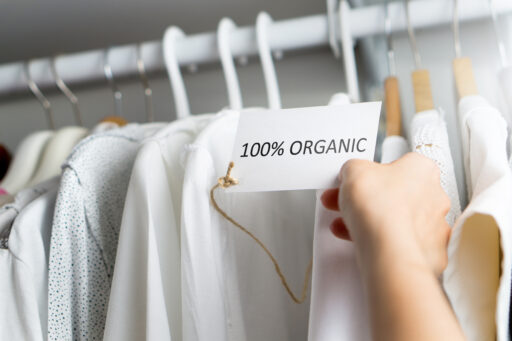
We all aim to keep toxins out of our bodies by eating organic foods, but how often do we think about the chemicals in our clothes and their impact on our health?
The truth is, what goes on our bodies is just as important as what goes into them.
Most conventional clothing contains plastic; when our bodies heat the fabric, it can leach harmful chemicals and carcinogens, which are readily absorbed into the skin and bloodstream.
What harms our bodies also harms the earth. Each time we wash our clothes, these toxic chemicals enter our waterways, damaging aquatic life and our drinking water. To top it off, most clothing ends up in a landfill.
Some of the most toxic elements in clothing are dyes. We all love our denim jeans, but the dye used in production is destroying the environment. Most denim jeans are produced in China, where the waterways around denim factories are blue—not from the water itself but from the dye spilling into the waterways.
Cotton is a huge problem as well. Conventional cotton producers are accountable for using nearly $2.6 billion of pesticides and insecticides, which accounts for more than 35% of the world’s pesticides and insecticide use. The EPA classifies pesticides used in conventional cotton farming as the most dangerous chemicals: at least five of them are known to cause cancer.
There is no doubt that pesticides are extremely dangerous to the health of animals, plants, wildlife, and humans. In addition, they are the only known poison that we humans release into our environment and food chain. A 2004 science report revealed that pesticides applied to cotton during its production could be detected in cotton clothing and in chemical residues that may affect the health of the person wearing it; and, yes, this also includes babies wearing conventional cotton clothes.
Microplastics are another common pollutant that toxic fashion is largely responsible for, and a lot comes from synthetic fleece. The sad truth is that fleece is plastic pollution. A study by researchers at the University of California found that an average fleece jacket can shed 1.7 grams of tiny plastic bits, known as microfibers or microplastics, per wash and that older fleece items shed the most, almost double the amount.
Microplastics are plastic debris less than five millimeters long—about the size of a sesame seed. Unfortunately, these tiny plastic pieces then travel to a local wastewater plant, where 40% end up in rivers, lakes, and oceans, becoming one of the worst plastic polluters. Because of their size, it is hard to clean them up.
To sum it up, you should buy organic clothing because:
• Over 8,000 chemicals, like formaldehyde, chlorine, lead, and mercury, are used to make clothes.
• Synthetic fibers can take 40-200 years to break down in landfills.
• Synthetic fibers increase the risk of breast cancer in women.
• Skin absorbs over 60% of what it comes into contact with.
• Organic cotton and hemp are stronger, more durable, and last longer.
Where can you buy sustainable, toxic-free clothing? Here are some brands we love:
- Patagonia makes quality clothing with organic, recycled, and upcycled fibers. The company makes clothes that pack well, travel even better, last forever, and feel good to wear.
- Eileen Fisher makes high-quality working clothes for women while quietly but persistently increasing the number of organic fibers she uses. Her style is elegant, comfortable, and hardworking.
- Kowtow is a brand from New Zealand that makes certified fair trade, organic clothing that is ethically and sustainably made from seed to garment.
- United By Blue removes one pound of trash from oceans and waterways for every product sold. They manufacture organic cotton, and the clothes and backpacks are awesome!
- Blue Canoe makes organic cotton and bamboo everyday wear that really, really works for women.
- Alternative Apparel makes fantastic, basic shirts that are also sustainable.
- Synergy creates lovely dresses and yoga wear that are all organic and benefit women in Nepal.
Read about how to afford organic baby clothes here and what to look for when looking for green kids clothing companies here



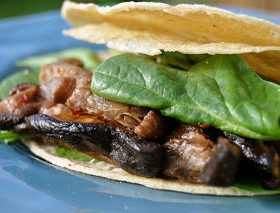
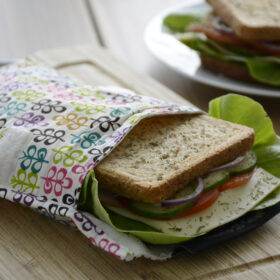
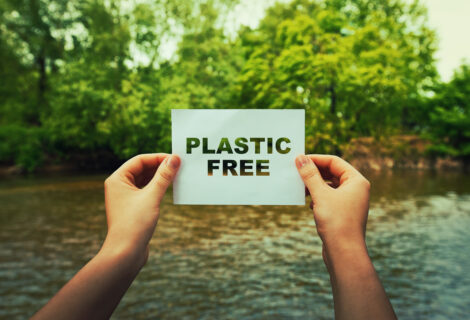

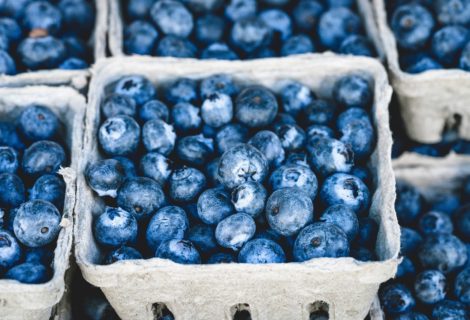
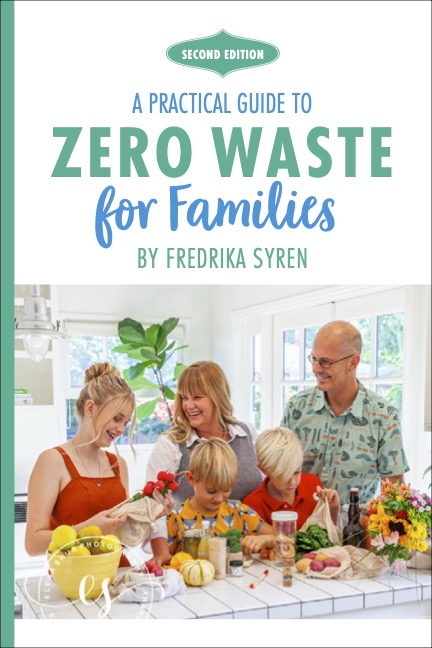

Blanks
Great Post! You are sharing a wonderful post. Thanks and keep sharing.